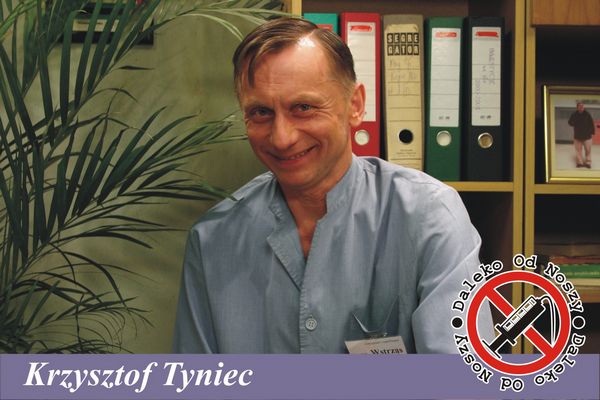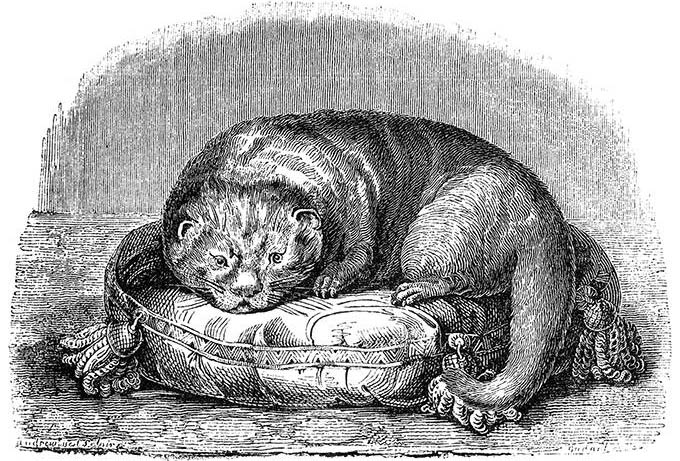WHAT A DEATH… ?
Each of us must die. It is sad, but inevitable. However, not everyone was given the opportunity to breathe their last sighs calmly, in my own bed. The examples given below prove it most clearly, how different are the ways of transferring to that world, often with the help of "kind neighbor”.
1. Richard the Lionheart
2. Good Sforza
3. Albert I of Belgium
4. Jan Huss
5. Paul I
6. Wladyslaw Sikorski
7. Romuald Traugutt
8. Samuel Zborowski
9. Robert Scott
10. Dozsa Jerzy
Answers:
1. For quite a trivial reason, King Richard the Lionheart and his vassal had a break with each other, wicehrabia Limoges. It was about that, that the king demanded from the Viscount r>.and a field of gold ornaments from Roman times. The vassal was offended, there was a war. Besieging Chalus, Richard was wounded by an arrow, what caused the infection. The king died under his tent 6 April 1199 R.
2- Bona Sforza after the death of Zygmunt Stary, due to conflicts with her son, she left in 1556 R. to Italy. She fell victim to her advisor Pappacoda, who is old! she was persuaded to assign Italian goods to Philip II of Spain. When Bona wanted to return to Poland without fulfilling his demands, Pappa-coda ordered her to poison the court physician. She died 19 November 1557 R.
3. Albert I, king of Belgium, during World War I he fought at the head of an army against Germany. Forced out of the country, continued the war in France, remaining with the Belgian army all the time. He has gained immense popularity by his steadfastness and bravery. In year 1934 he killed himself during a paperclip, having fallen off a rock near Namur.
4. John House, professor of theology, and at the same time an eloquent preacher, rising from the corruption of a wealthy clergy, he gained great popularity among the Czech people, but he fell into conflict with the church authorities. Invited to the council in Constance, he was put on trial as a heretic and burned at the stake in 1415 R. It became the source of religious and social wars in the Czech Republic.
5. Paul I, Russian Tsar, son of Catherine the Great, after ascending to the throne, he tried to act in a spirit other than that of his mother (eased the system of governance somewhat, released e.g.. from Kościuszko prison). Wkrótce jednak jego dziwactwa i tyrania doprowadziły do spisku wśród wojskowych pod wodzą Pahlena. Sophie! strangled in his palace 23 brand 1801 R.
6. Wladyslaw Sikorski, general, the Prime Minister of the Polish government in exile after the September defeat, he was the commander of the Polish armed forces, which continued the fight against Germany on the side of the Allied Powers. W 1941 R. reestablished diplomatic relations with the Soviet Union. He died in an unexplained air crash near Gibraltar 4 July 1943 R.
7. Romuald Traugutt in October 1863 R. took power as the dictator of the uprising. When France's promised aid failed, and Austria declared a state of siege, the fate of the uprising was sealed. Traugutt was arrested and sentenced to death by hanging after four months of investigation. He died on the slopes of the Warsaw citadel 5 of August 1864 R.
8. Samuel Zborowski, a typical representative of the prone to lawlessness and rapes of the Polish magnates of the 16th century., He was sentenced to exile for the murder of the castellan of Wapowski and the attack on Tęczyński. Without doing much of the sentence, he stayed in Poland, he kept starting new quarrels, he even threatened to assassinate the king. Captured, was beheaded at the Krakow castle 26 house 1584 R.
9. Robert Scott, English explorer of Antarctica, as head of the 1902-1904 polar expedition, he discovered King Edward VII Land. In January 1912 R. arrived from 4 companions to the South Pole (by Amundsenie). On the way back, they all died of exhaustion, located only a dozen or so kilometers from the food station.
10. Perhaps Jerzy Dózsa died in the most macabre way, leader of the rebellious Hungarian peasants from the 16th century. When Temesvar was besieged, Jan Zapolia set out against him with the army. The peasants were smashed, the Doge schwytany, baked alive on a red-hot throne and eaten by his own people, who were spared only on this condition.






